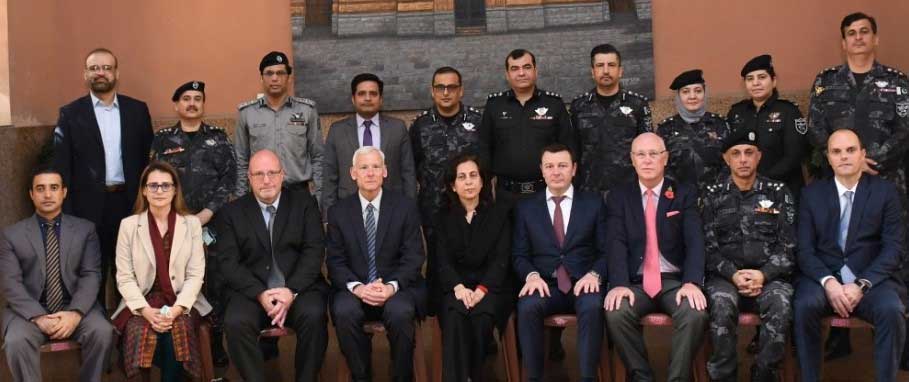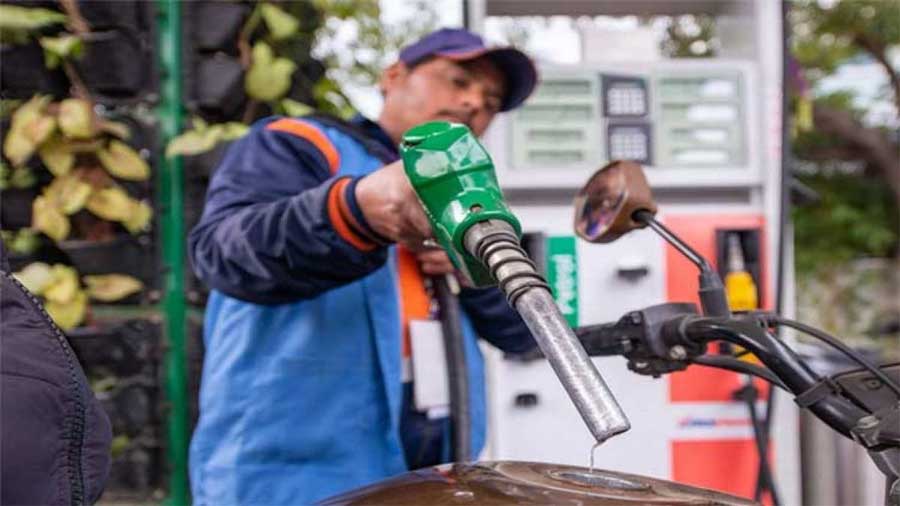
Automated facility developed in WeBOC to facilitate businesses;
WCO Train the Trainer Program for Customs officers at DGTR
Raza Kazmi
ISLAMABAD: Implementing its policy of zero tolerance against tax evasion, Inland Revenue Enforcement Network (IREN) Squads of FBR, in a counter-evasion operation, has seized non duty/tax paid cigarettes (approximately 65,811,500 sticks) worth Rs.156,480,112, resulting in detection of evasion of taxes and duties of Rs.125,662,630 in the first four months of FY 2021-22.
Likewise, during the month of October, 2021, IREN had seized 16,326,000 illegal cigarettes worth Rs. 46,978,050. As such evasion of taxes and duties worth of Rs. 33,366,319 was detected. This action is in pursuance to directions of the honorable Prime Minister of Pakistan against illicit sale of non-duty/tax-paid and counterfeit cigarettes.
IREN was established in September 2019 with a Chief Coordinator, Central Field Coordinator and seven regional enforcement hubs all across Pakistan, tasked to conduct raids and seizures on the counterfeit and non-duty paid cigarettes. As a part of ongoing crackdown against illicit cigarette trade country wide, all IREN hubs intensified their operation against businesses dealing in non-duty paid and counterfeit cigarettes to save national exchequer from revenue loss.
Dr. Muhammad Ashfaq Ahmed, the Chairman FBR has appreciated the performance of IREN staff.
He informed that from January 1, 2022, Track & Trace System would be rolled out to cover tobacco manufacturing across the country, and that AJK Government had approached Federal Board of Revenue to extend the scope of Track & Track System to cigarette manufacturing units
located inside AJK territory. It is expected that over the next few months’ implementation of Track & Trace System and its extension into AJK, coupled with IREN’s valiant drive would help overcome the menace of counterfeit, illicit and non-tax paid cigarettes in the market.
Meanwhile, in the continuation of the ongoing drive for digitization, Pakistan Customs (FBR) has developed an automated facility in WeBOC System to enable the small and medium export enterprises to acquire imported input goods from a Common Export House for subsequent exports under the Export Facilitation Scheme, 2021.
Common Export House is a warehouse authorized by the Collector of Customs for import, warehouse and supply of input goods without payment of customs duty, sales tax, federal excise duty and withholding tax, to the small and medium export enterprises, direct or indirect exporters or commercial exporters. FBR has already issued a procedure for obtaining authorization to operate as Common Export House vide SRO 957(I)/2021 dated 30th July, 2021. Public warehouses already operating under Customs warehousing rules can also apply to operate as a Common Export House, simultaneously.
The newly introduced automated facility in WeBOC includes features of online application filing for authorization to operate as Common Export House, authorization of common export warehouse by the regulatory collectorate and filing of import Goods Declarations (GDs) of input goods by the authorized user of Common Export House as importer. This automated system will also facilitate supply of input goods to the SMEs and other authorized buyers within a period of two years from the date of importation.
Meanwhile, in Karachi, the Directorate General of Training and Research (Pakistan Customs), has facilitated the conduct of COPES-CECAC ‘Train the Trainer’ project arranged by World Custom Organization (WCO) in collaboration with International Narcotics and Law Enforcement Section (INL), from 8th to 12th, November, 2021, says a message received here.
The Custom Enforcement Curriculum for Assistant Collectors is in line with Customs Operational Practices on Enforcement and Seizures (COPES) and is aimed at developing effective, professional and transparent law enforcement institutions in Pakistan and increasing the capacity of Pakistan Customs in realm of enforcement in the light of international best practices.
The inaugural ceremony of the program was held at DGTR Karachi and was unveiled by Director General DGTR, Surraiya Ahmed Butt. She thanked WCO and INL for their support in this training and termed Train the Trainer program as an important milestone in the enhancement of capabilities of Pakistan Customs Service. She hoped that training of 12 officers from Pakistan will create a pool of instructors which would help in capacity building of Pakistan Customs.
Gilles Thomas from WCO gave a detailed introduction about the COPES program highlighting the gaps that exist in the Customs Officers’ professional standards and how the CECAC project would be an effort to bridge that gap by developing an enforcement curriculum.
Later, Mark Kennedy from INL appreciated the working relationship with Pakistan Customs in the realm of training and expressed his desire to further strengthen this cooperation.






